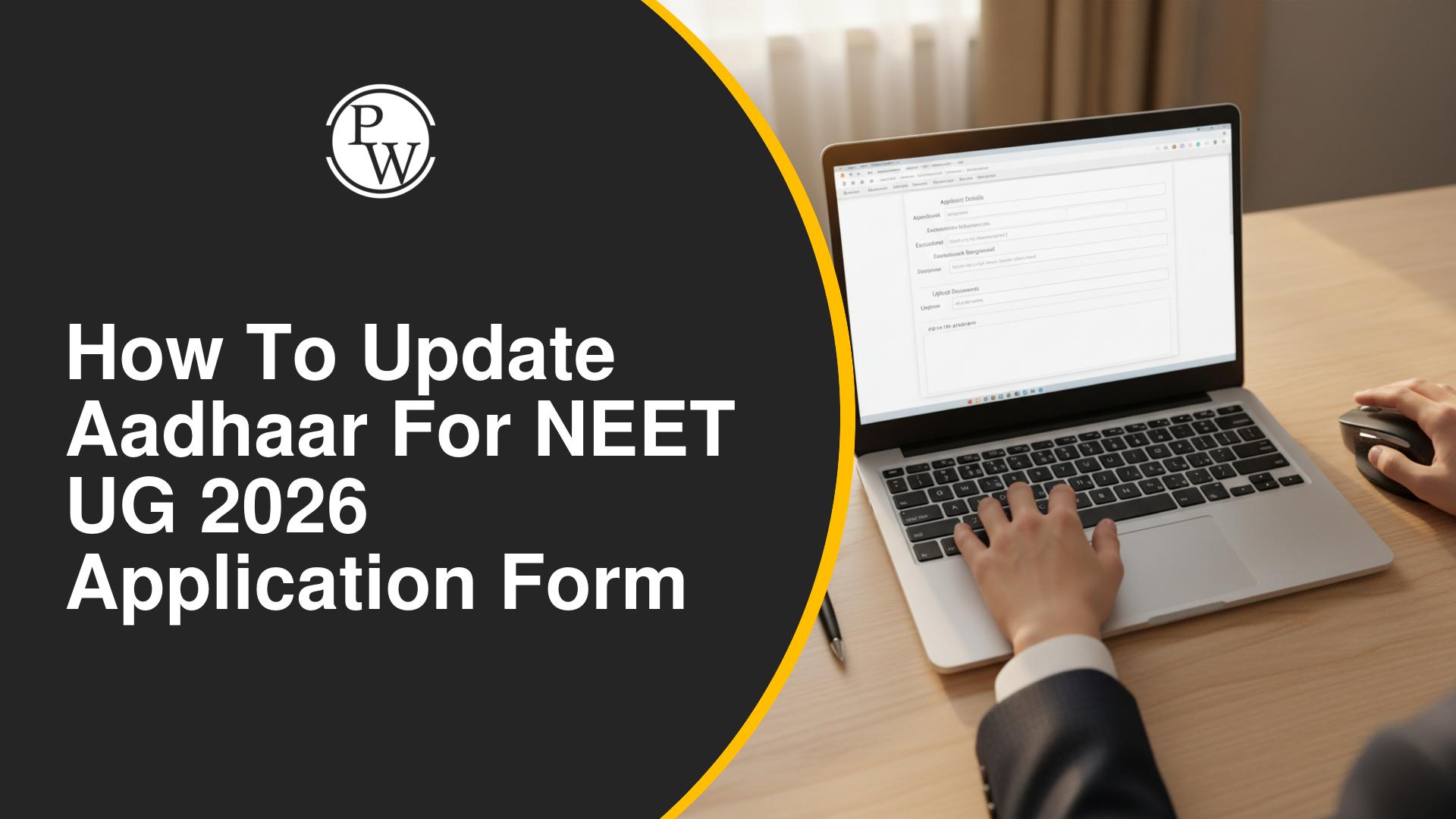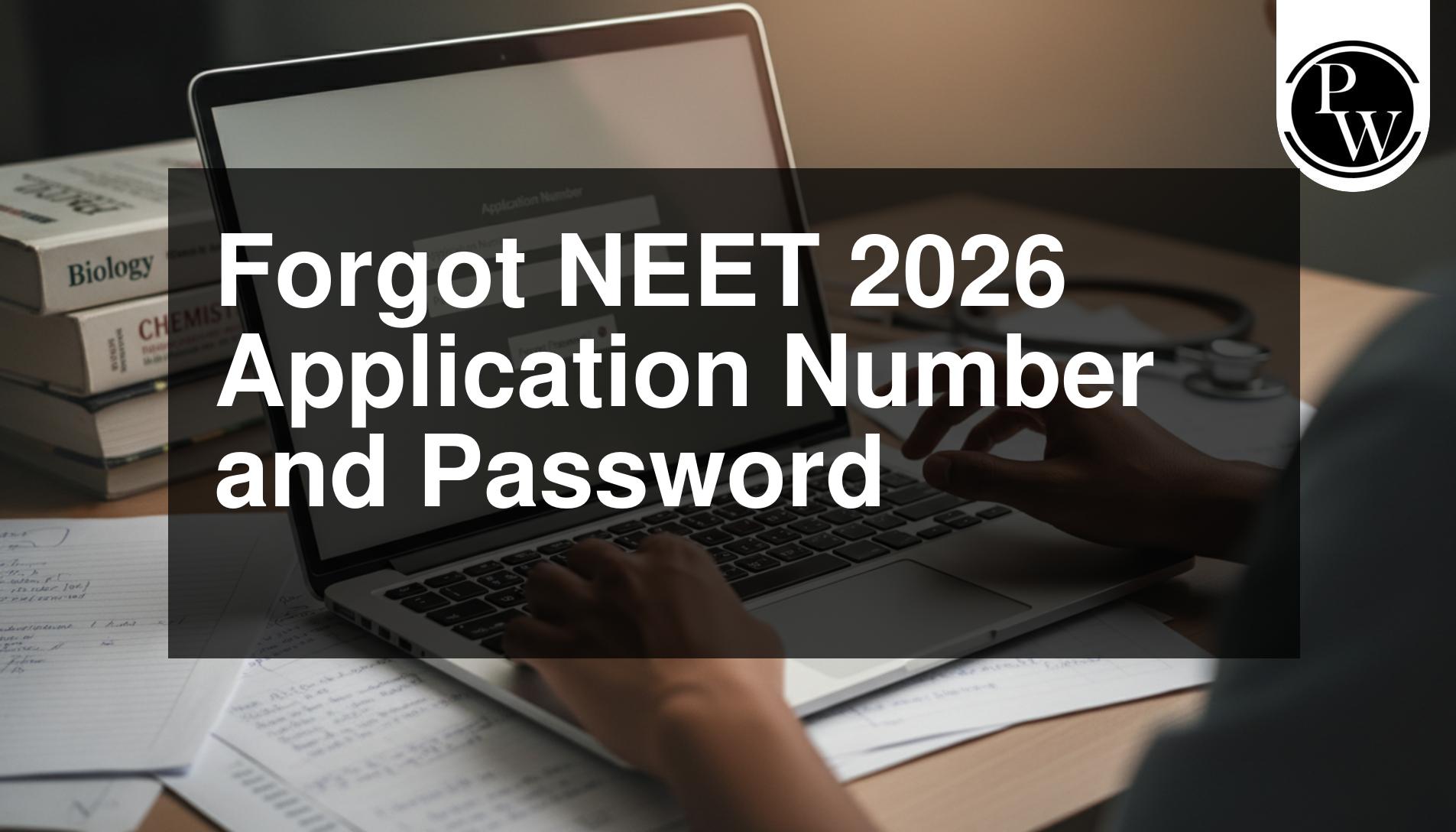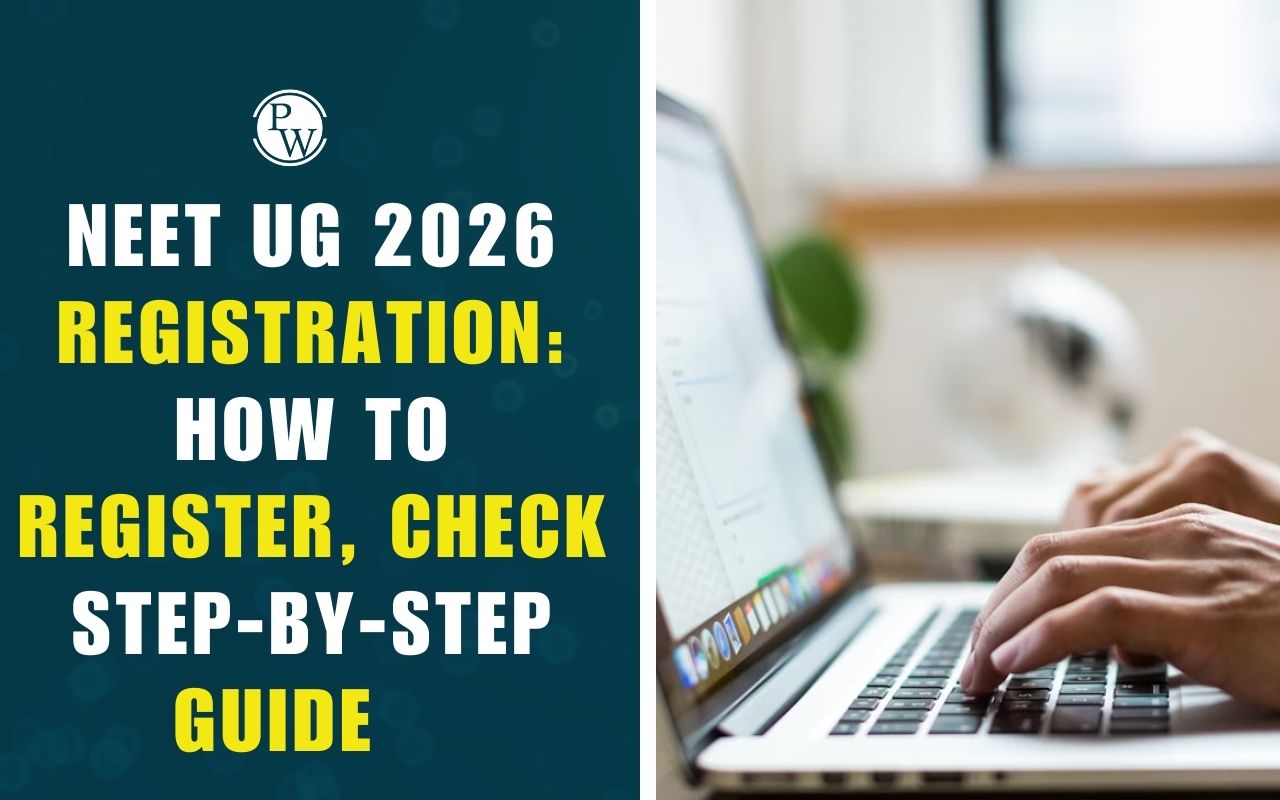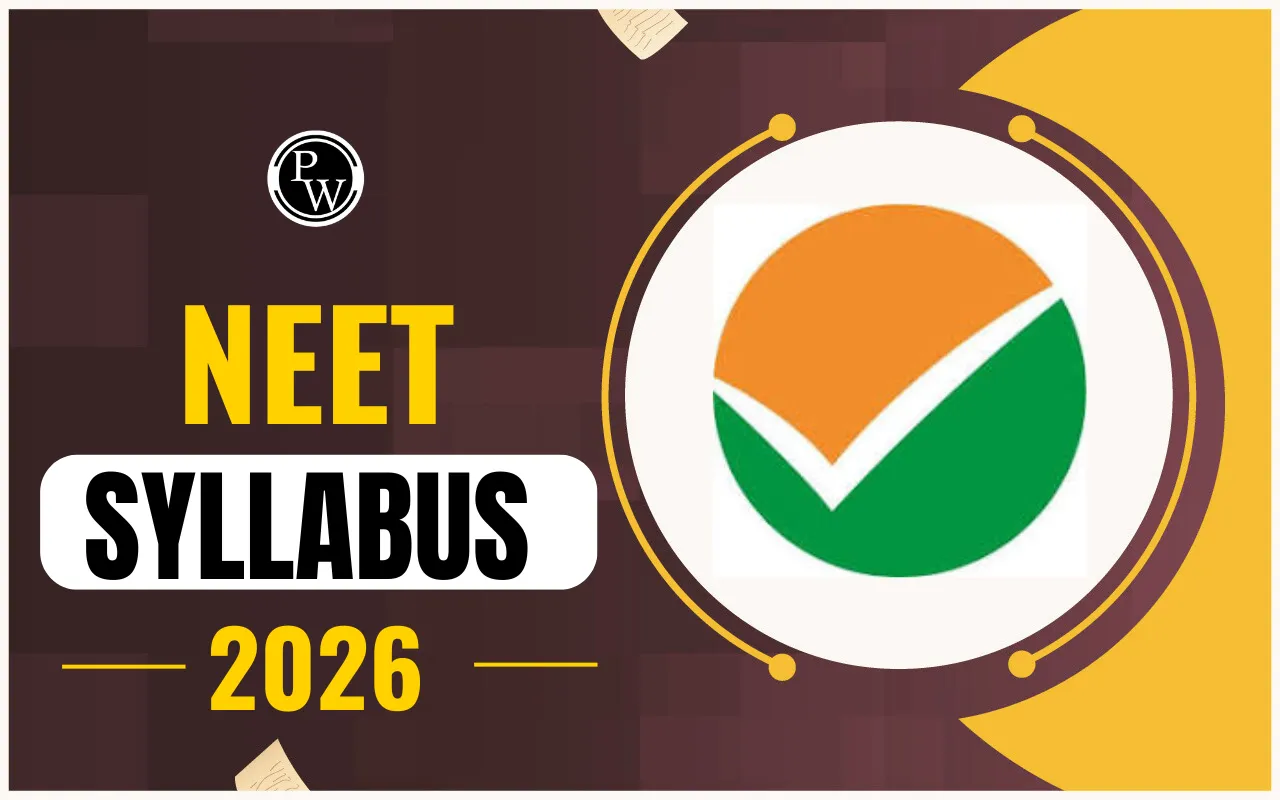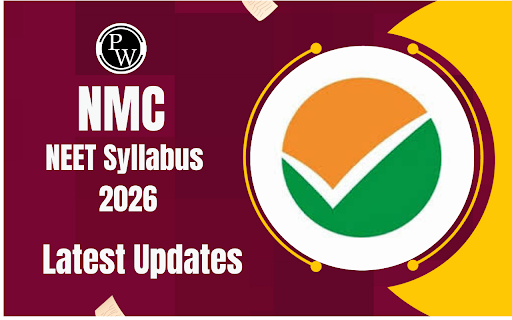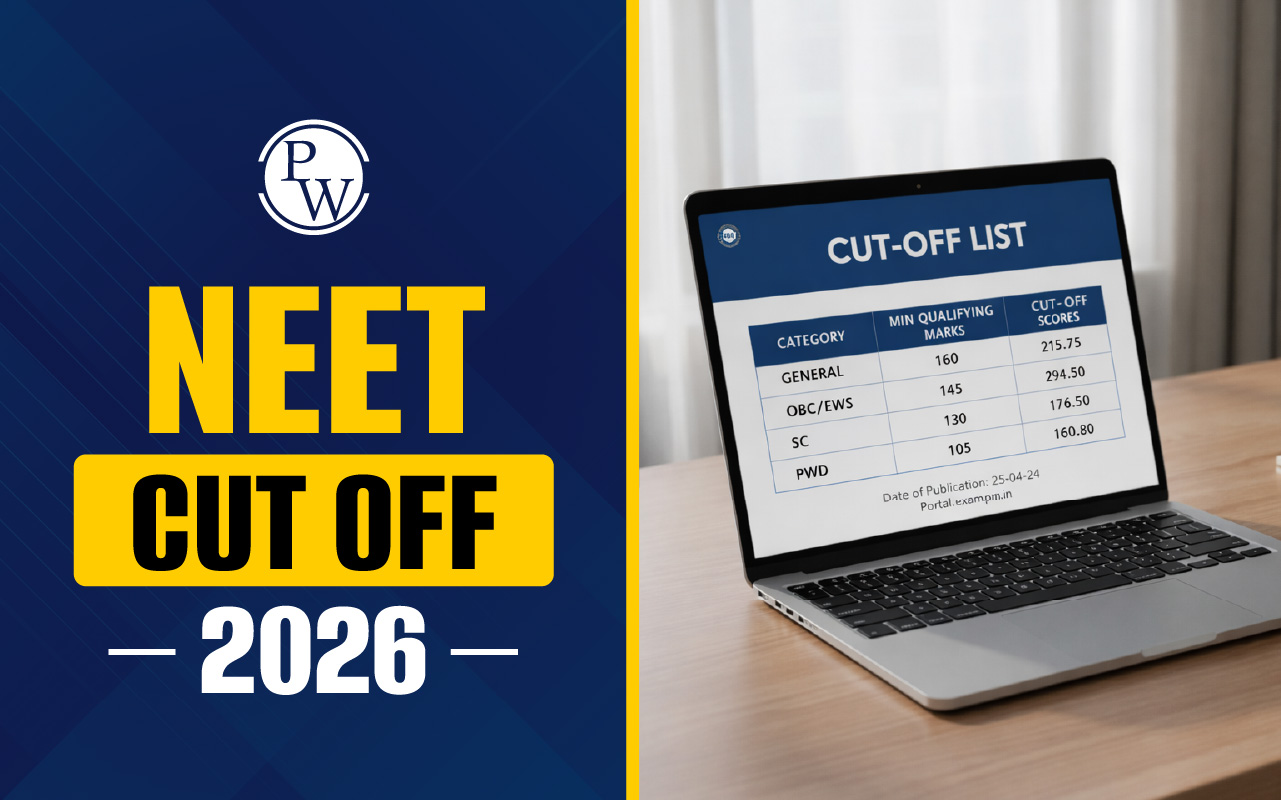
The P Block Elements Important Questions for NEET: The P Block Elements (Group 13, 14, 15, 16, 17, 18) are an important part of the NEET Chemistry syllabus. These elements belong to groups 13 to 18 in the periodic table and include important elements like nitrogen, oxygen, sulfur, and halogens. Understanding these elements is crucial because they form the basis of many chemical reactions and compounds found in nature.
Practicing questions on The P Block Elements helps students understand concepts better, improve problem-solving skills, and prepare effectively for the NEET exam. Solving a variety of questions also increase confidence and ensures that students are well-prepared for tricky questions in the exam.
Also Check:
The P Block Elements Important Questions for NEET Overview
Practicing questions on The P Block Elements helps students understand concepts better, improve problem-solving skills, and prepare effectively for the NEET exam. Solving a variety of questions also increases confidence and ensures that students are well-prepared for tricky questions in the exam.
What are the P Block Elements (Group 13, 14, 15, 16, 17, 18)?
The P Block Elements are found in the rightmost part of the periodic table. They include non-metals, metalloids, and some metals. These elements have their valence electrons in the p-orbital, which gives them unique chemical and physical properties.
Some of the most important groups in the P Block are:
-
Group 13 (Boron Family): Includes boron, aluminum, gallium, indium, and thallium.
-
Group 14 (Carbon Family): Includes carbon, silicon, germanium, tin, and lead.
-
Group 15 (Nitrogen Family): Includes nitrogen, phosphorus, arsenic, antimony, and bismuth.
-
Group 16 (Oxygen Family): Includes oxygen, sulfur, selenium, tellurium, and polonium.
-
Group 17 (Halogens): Includes fluorine, chlorine, bromine, iodine, and astatine.
-
Group 18 (Noble Gases): Includes helium, neon, argon, krypton, xenon, and radon.
These elements are important because they participate in many reactions and are widely used in industries, medicines, and environmental processes.
Practice Important Questions of The P Block Elements Important Questions for NEET
Practice important P-Block Elements questions with a downloadable PDF, including solutions. Each question aligns with the NEET pattern, and video explanations are available for better understanding.
Q1. White phosphorus (P₄) has not;
- a total of six P - P single bonds.
- a total of four P - P single bonds.
- a total of four lone pairs of electrons.
- P - P - P angle of 60°.
Q2. The type of hybridisation and number of lone pair(s) of electrons of Xe in XeOF₄ respectively, are;
- sp³d² and 1
- sp³d and 2
- sp³d and 1
- sp³d² and 2
Q3. Which among the following is the most reactive?
- Cl₂
- Br₂
- I₂
- ICl
Q4. Which one has highest boiling point?
- He
- Ne
- Kr
- Xe
Q5. Amongst H₂O, H₂S, H₂Se and H₂Te, the one with the highest boiling point is;
- H₂O because of hydrogen bonding.
- H₂Te because of higher molecular weight.
- H₂S because of hydrogen bonding.
- H₂Se because of lower molecular weight.
Q6. Identify the incorrect statement.
- All the noble gases are polyatomic.
- Noble gases are sparingly soluble in water.
- Helium has the lowest boiling point of any known substance.
- Noble gases, in general, are least reactive.
Q7. Which of the following is incorrect?
- XeO₃ has four σ and π four bonds.
- The hybridization of Xe in XeF₄ is sp³d².
- Among noble gases, the occurrence of argon is highest in air.
- Liquid helium is used as cryogenic liquid.
Q8. Which of the following statement is incorrect for XeF₆?
- It acts as Lewis acid when it reacts with RbF.
- It undergoes complete hydrolysis to give XeO₃ which is an explosive solid.
- It undergoes partial hydrolysis to produce XeOF₄ and XeO₂F₂.
- It acts as Lewis base when it reacts with RbF.
Q9. The interhalogen which does not exist is;
- IF₅
- ClF₃
- BrCl
- ICl₄
Q10. Which one of the following statements is not true?
- Among halide ions, iodide is the most powerful reducing agent.
- Fluorine is the only halogen that does not show a variable oxidation state.
- HOCl is a stronger acid than HOBr.
- HF is a stronger acid than HCl.
Q11. Which is incorrectly given according to order indicated?
- F₂ > Cl₂ > Br₂ > I₂; Oxidising power
- HI > HBr > HCl > HF; Acidic strength
- F₂ > Cl₂ > Br₂ > I₂; Bond dissociation enthalpy
- HF > HI > HBr > HCl; Boiling point
Q12. Which of the following elements does not show allotropy?
- Nitrogen
- Bismuth
- Antimony
- Arsenic
The P Block Elements Important Questions for NEET PDF
Students can download the P Block Elements Important Questions for NEET PDF from the link below. This PDF contains a collection of high-quality questions along with step-by-step solutions. Practicing these questions will help students improve their speed and accuracy in solving P Block-related questions in the NEET exam.
Download The P Block Elements Important Questions for NEET
Practice Questions Now
Prepare for NEET with PhysicsWallah's NEET online coaching. Learn through easy-to-understand lessons and get help whenever you need it.
|
Chapterwise Important Questions for NEET |
|
|
Electrostatic Potential and Capacitance Important Questions for NEET |
|
|
Breathing and Exchange of Gases Important Questions for NEET |
|
The P Block Elements Important Questions for NEET FAQs
What are the most important topics in p-block for NEET?
Is NCERT enough for p-block NEET?
What are the most important p-block elements?
Is p-block there for NEET 2025?

